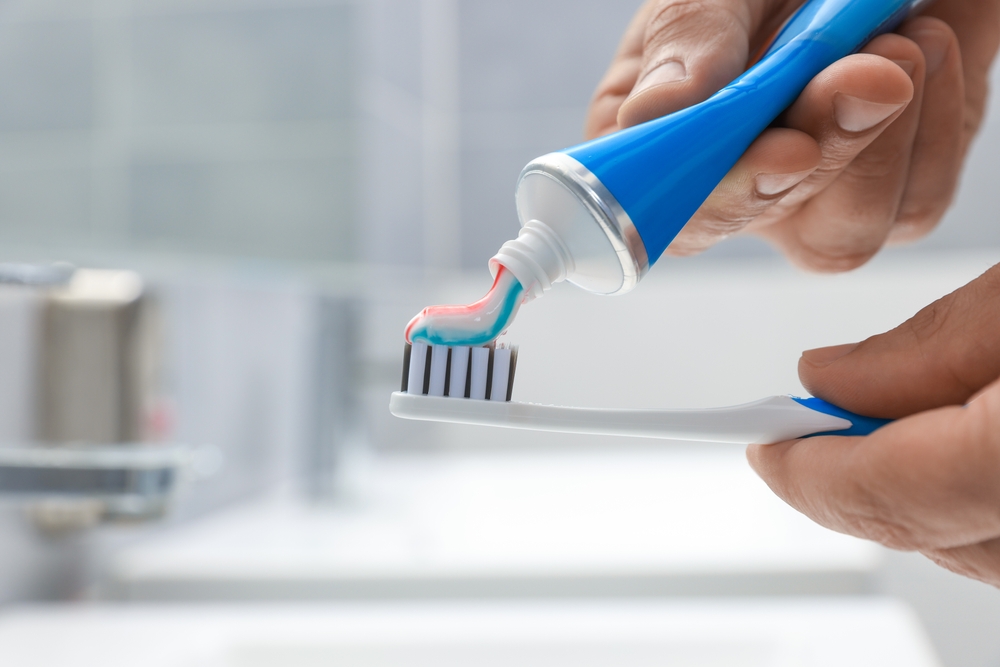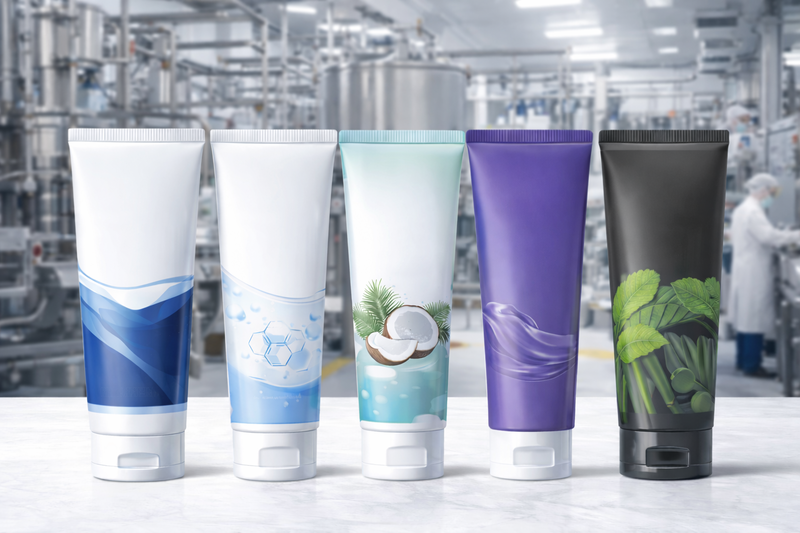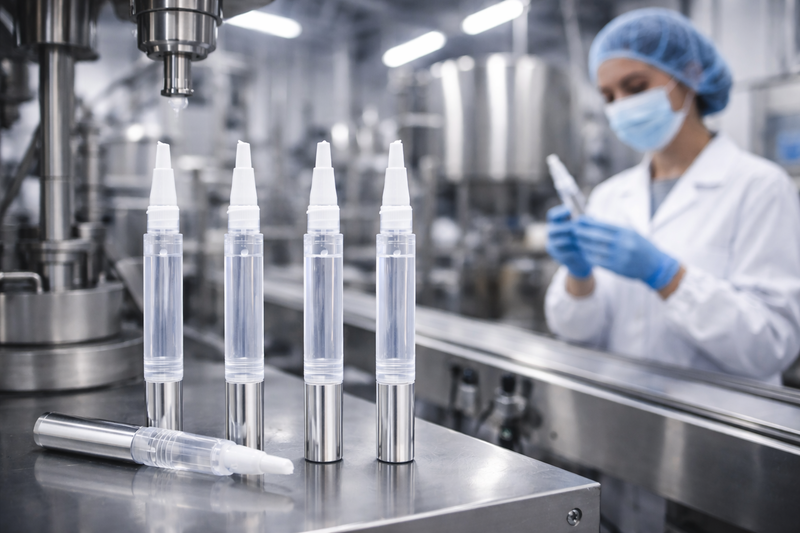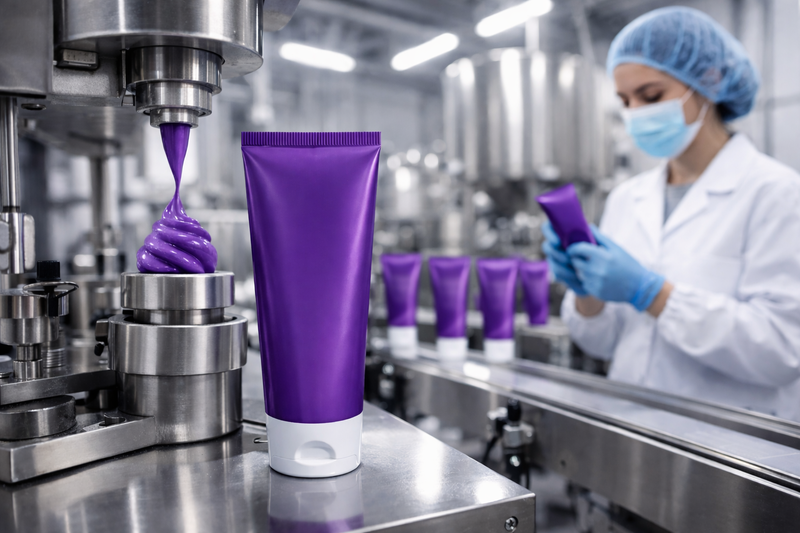Top 10 Best Anti-Sensitive Toothpastes of 2025

Discover everything you need to know about sensitive toothpaste—from how it works to the best formulations on the market. Whether you’re battling twinges when sipping hot coffee or wincing at an ice-cream cone, this guide will equip you with the knowledge to choose the perfect toothpaste for your sensitive teeth and gums.
Understanding Tooth Sensitivity
Tooth sensitivity, or dentin hypersensitivity, affects up to 57% of adults at some point in their lives.¹ Exposed dentin allows thermal, chemical or tactile stimuli to reach nerve endings, resulting in sharp pain. Common triggers include cold foods, sweet treats, acidic drinks, and even brushing too hard. Understanding the root cause of your sensitivity is the first step to relief.
Causes:
Enamel erosion from acidic diets or overzealous brushing
Gum recession exposing root surfaces
Cracked or chipped teeth
Post-dental procedures (e.g., bleaching, scaling)
Symptoms:
Sudden, brief pain when consuming hot, cold, sweet or sour items
Discomfort during brushing or flossing
How Does Sensitive Toothpaste Work?
Sensitive toothpastes employ one or both of two proven mechanisms to alleviate discomfort:
Nerve Desensitization
Potassium nitrate or strontium chloride works by calming the nerves inside the tooth’s pulp, reducing their ability to transmit pain signals. Potassium ions diffuse along the tubules and block nerve repolarization, offering relief that builds over consistent use (typically 2–4 weeks).Tubule Occlusion
Ingredients such as stannous fluoride or arginine-calcium carbonate physically seal dentin tubules, preventing stimuli from reaching the nerves. This barrier can form within days and is often more immediate—though it may wash away over time without ongoing use.
Key Active Ingredients Explained
A close look at the most effective desensitizing agents will help you choose the right formula:
| Ingredient | Mechanism | Time to Effect |
|---|---|---|
| Potassium Nitrate | Nerve desensitizer | 2–4 weeks |
| Stannous Fluoride | Tubule occlusion + enamel strengthening | 1–3 days |
| Arginine & Calcium | Tubule occlusion | 1–5 days |
| Strontium Chloride | Tubule occlusion | 1–2 weeks |
Top Brands Compared
1. Sensodyne Sensitive Toothpaste
A market leader, Sensodyne’s formulations (e.g., Sensodyne Repair & Protect) feature stannous fluoride for dual-action relief and enamel repair. Many users report noticeable improvement within three days.
2. Colgate Sensitive Complete Protection
Colgate’s SV Complete Protection toothpaste harnesses arginine technology to seal tubules, with the added benefit of cavity prevention and fresh breath. Learn more on Colgate’s site.²
3. Crest Sensi-Relief & Sensi-Stop
Crest Sensi-Relief uses 5% potassium nitrate for nerve calming, while the newer Sensi-Stop range adds fluoride for enamel protection.³
4. Arm & Hammer Sensitive
Leveraging the natural cleaning power of baking soda plus potassium nitrate, Arm & Hammer delivers neutralization of acids alongside nerve desensitization.
5. Aquafresh Sensitive
Although some users have questioned the availability of Aquafresh Sensitive toothpaste, it remains in production, featuring strontium chloride for occlusion.⁴
6. Natural & Fluoride-Free Options
Brands like Tom’s of Maine Sensitive Toothpaste and Dr. Sheffield’s Sensitive Care utilize herbal extracts, calcium phosphate and xylitol to occlude tubules without fluoride. Ideal for those seeking fluoride free sensitive toothpaste options.⁵
Fluoride vs. Fluoride-Free Sensitive Toothpaste
While fluoride strengthens enamel and prevents decay, some prefer fluoride-free formulas due to personal or health concerns. Fluoride-free options rely on minerals like calcium and phosphate. If you’re at high risk for cavities, a fluoride formula is generally recommended by dental professionals.
Kids & Sensitive Toothpaste
Children can experience sensitivity from braces or aggressive brushing. Look for low-fluoride, mild formulas with fun flavors to encourage compliance—brands like Tom’s of Maine offer kids sensitive toothpaste in strawberry and watermelon flavors. Always supervise brushing to ensure proper dosage.
Whitening Toothpaste for Sensitive Teeth
Many whitening toothpastes can exacerbate sensitivity. However, Sensodyne Pronamel Gentle Whitening and Colgate Sensitive Whitening include low-abrasivity agents and desensitizing compounds, balancing stain removal with protection.
Market Trends & Innovations
Biomimetic Hydroxyapatite: A tooth mineral alternative shown to repair enamel and occlude tubules.
Pre-brushing Serums: Concentrated applications offering instant coverage before toothpaste.
Subscription Services: Brands like Hello offer auto-delivery of sensitive toothpaste refills, ensuring uninterrupted use.
Choosing the Right Sensitive Toothpaste
Identify Your Primary Concern: Nerve pain vs. tubule exposure vs. enamel wear.
Check Active Ingredients: Match your need—potassium nitrate for nerve relief, stannous fluoride or arginine for rapid blockage.
Consider Flavor & Texture: Minty, gel, or paste—choose what you’ll use consistently.
Budget & Availability: Mainstream brands often have coupons; generic store brands (e.g., Equate Sensitive) can be equally effective.
Consult Your Dentist: For severe or persistent sensitivity, professional evaluation is crucial.
Try Lidercare Now!
We Help You Launch New Products, And Continue To Grow. Try Us With 20% Off Your First Order!
Expert Tips for Maximum Relief
Use a soft-bristled toothbrush and gentle circular strokes.
Avoid acidic foods immediately before and after brushing.
Rinse with a fluoride mouthwash for extra enamel protection.
Limit whitening treatments if sensitivity spikes.
Maintain regular dental checkups to rule out underlying issues (e.g., cavities, gum disease).
Summary
Sensitive toothpaste works primarily through nerve desensitization and/or tubule occlusion. Leading brands like Sensodyne, Colgate Sensitive Complete Protection, Crest, Arm & Hammer, and Aquafresh offer diverse formulations to suit different preferences. For fluoride-free or natural alternatives, options from Tom’s of Maine and Dr. Sheffield’s provide gentle protection. By understanding ingredient action, matching it to your specific triggers, and maintaining proper oral hygiene habits, you can enjoy pain-free smiles once again.
FAQ
Q1: What is the best toothpaste for sensitive teeth?
A: Sensodyne Repair & Protect (stannous fluoride) and Colgate Sensitive Complete Protection (arginine) consistently top dental surveys for rapid relief and long-term protection.
Q2: How long does it take for sensitive toothpaste to work?
A: Tubule occlusion formulas can begin relieving sensitivity within 1–3 days, while nerve-calming agents like potassium nitrate typically take 2–4 weeks of regular use.
Q3: Does whitening toothpaste make teeth sensitive?
A: Yes—abrasive or peroxide-based whitening toothpastes can aggravate sensitivity. Opt for formulas specifically designed for sensitive teeth if you want whitening benefits.
Q4: Has Aquafresh Sensitive Toothpaste been discontinued?
A: No, Aquafresh Sensitive remains available, though it may be less prominently displayed. Look for strontium chloride listings online or ask your pharmacist.
Q5: Can I use a sensitive toothpaste without fluoride?
A: Yes—fluoride-free options utilize minerals like calcium phosphate and xylitol to occlude tubules. However, if you have high cavity risk, discuss fluoride alternatives with your dentist.
Further Reading
Table of Contents
Awesome! Share to:
Latest Blog Posts
Check out the latest industry trends and take inspiration from our updated blogs, giving you a fresh insight to help boost your business.



